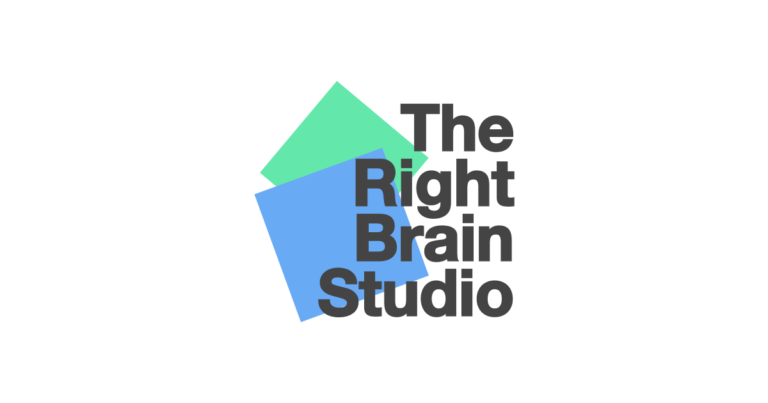Fixing health care is a national priority.
It is also a matter of study – of qualitative research – in which marketing
experts can uncover the intelligence necessary to change health care for
the better.
 Eliciting that information is as much an art as it is a science, one that
Eliciting that information is as much an art as it is a science, one that
depends on the skill and expertise of a professional who can earn the trust
of the very people he needs to approach.
One such talent is Jeff Hirsch, Founder and President of The Right Brain Studio.
He asks the right questions by posing the most direct one: How do we
improve health care?
“People tell us they want access to general practitioners and specialists
close to where they live. All for reasonable, affordable premium payments
and co-pays, and no other out-of-pocket costs,” says Hirsch.
He adds, “While it should be obvious that you can’t drive a Rolls Royce for
the price of a Chevy, people simply refuse to acknowledge the realities of
health care. Some feel that if the system were truly ‘free’ to allow the
invisible hand of the free market to guide us, costs would magically be
contained. Others feel that a single-payer, government run system is the
only answer. Most are just confused and deluded, and no one seems willing
to pay more in direct costs or taxes for something of such great value.”
That analysis is right because it highlights the cognitive dissonance that
governs the debate over health care.
As Hirsch further explains, “So how can we really improve health care?
There is really only one answer. Deeply held emotions must be untangled and
hard choices need to be made. We, as a society, need to build consensus on
what health care should like in our country. We must navigate the between
the very American values of ‘freedom,’ choice and profit on one hand, and a
universal right to decent health care on the other.”
Reading these words, and reviewing the conclusions Jeff draws, I have a
stronger appreciation of the value of qualitative research.
I have a stronger understanding of the right way – by using the right side
of the brain, so to speak – to learn about the challenges and opportunities
involving health care reform.
Only then, can we solve this seemingly insoluble crisis.

